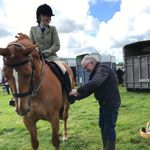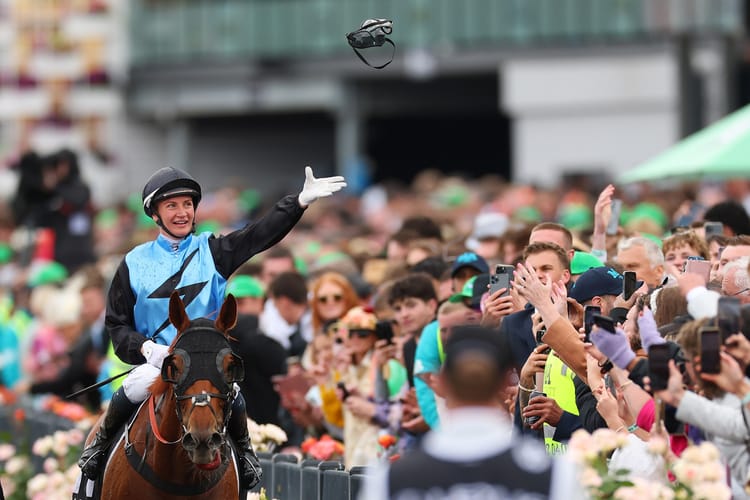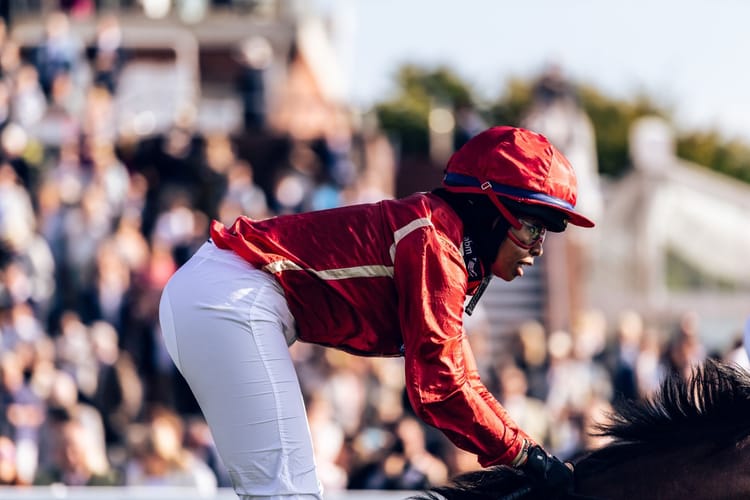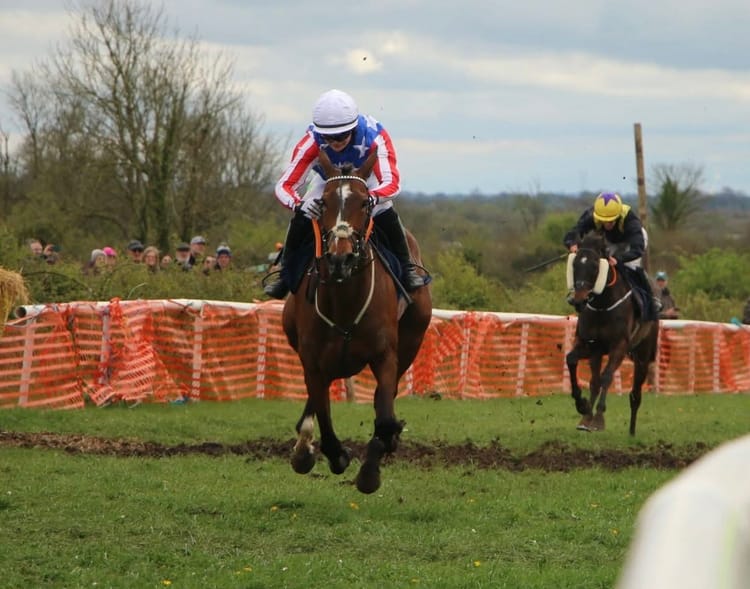They’re Not the Next Blackmore. They’re the First of Themselves.

Rachael Blackmore’s retirement isn’t a void — it’s a milestone. Her wins changed the shape of Irish racing. But the panic around “what happens now” is misplaced. If you think this is a vacuum moment, you haven’t been paying attention.
Ireland isn’t short on talent, and we’re not short on systems. RACE is one of the most advanced jockey training institutions in the world, and pony racing here has long been a fast-track breeding ground for tough, capable riders. The structure exists. The issue isn’t creation — it’s coverage.
The problem is not with the pipeline. The problem is with how we, as media and industry stakeholders, choose to see (or not see) the women already coming through it.
These young riders aren’t in waiting. They’re in motion. They don’t need rescuing. They need recognition.
Let’s drop the soft focus. These aren’t heart-warming stories. They’re performance markers.
Toni Quail has put down nine wins in the 2024/25 point-to-point season. That’s not potential. That’s proof. She rides with the quiet confidence of someone who isn’t here for fanfare — she’s here to finish first. County Down-based and fiercely consistent, she’s clocking up winners across Tattersalls and Loughrea. She is already competing — and beating — established names. If she had a yard of PR behind her, she’d be a household name by now. But even without it, she’s earning her way, ride by ride.
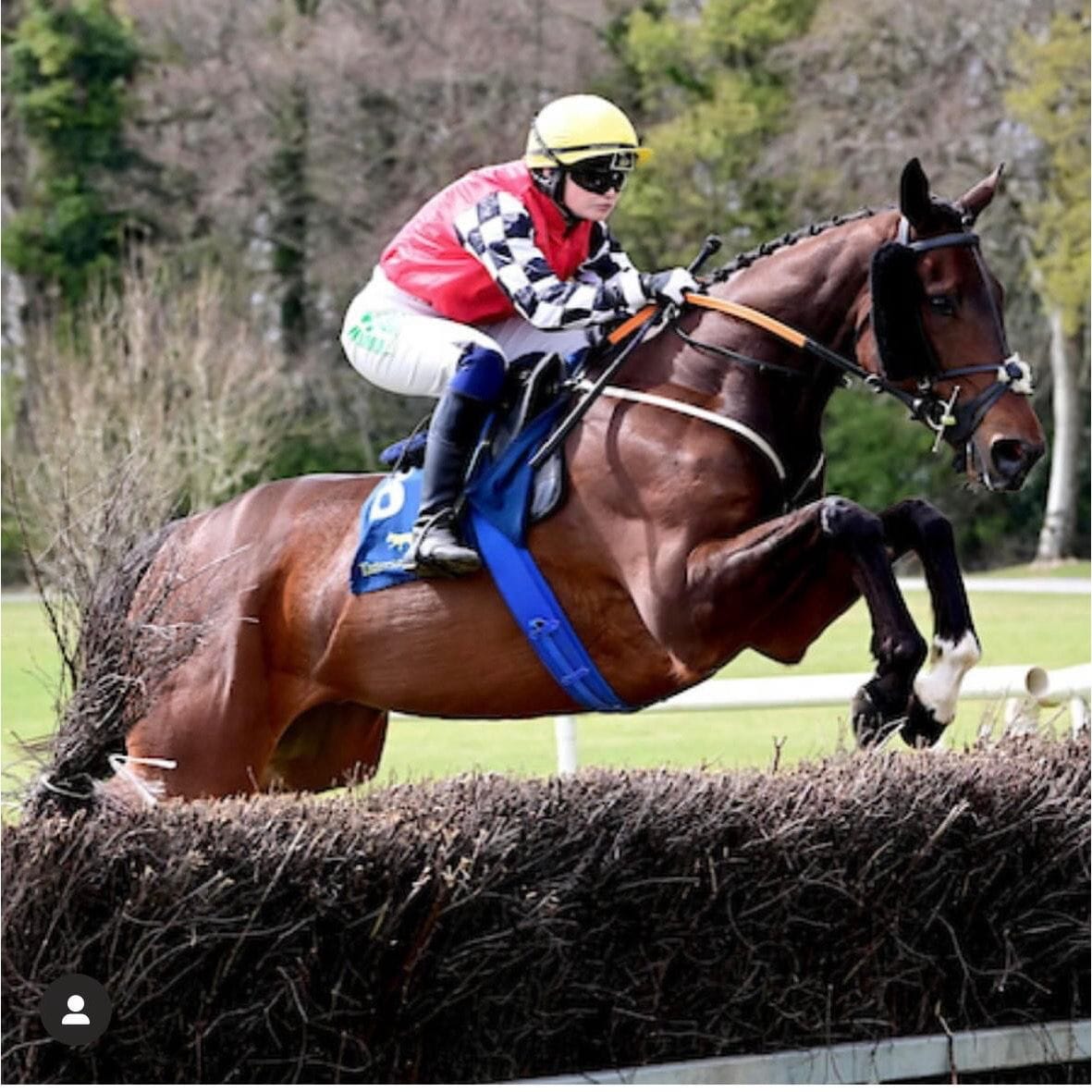
Megan Telford-Kelly, forged in the discipline of dressage and eventing, brings balance, finesse, and tactical control to the flat. Her first win, aboard Mogwli at Gowran Park, was no fluke. Fifteen rides in. Zero shortcuts. It was built through patience, polish, and persistence. Megan is the kind of jockey who doesn’t need a wave of hype — her work ethic, her adaptability, and her results speak for themselves. What she needs now is sustained support, not token spotlights.
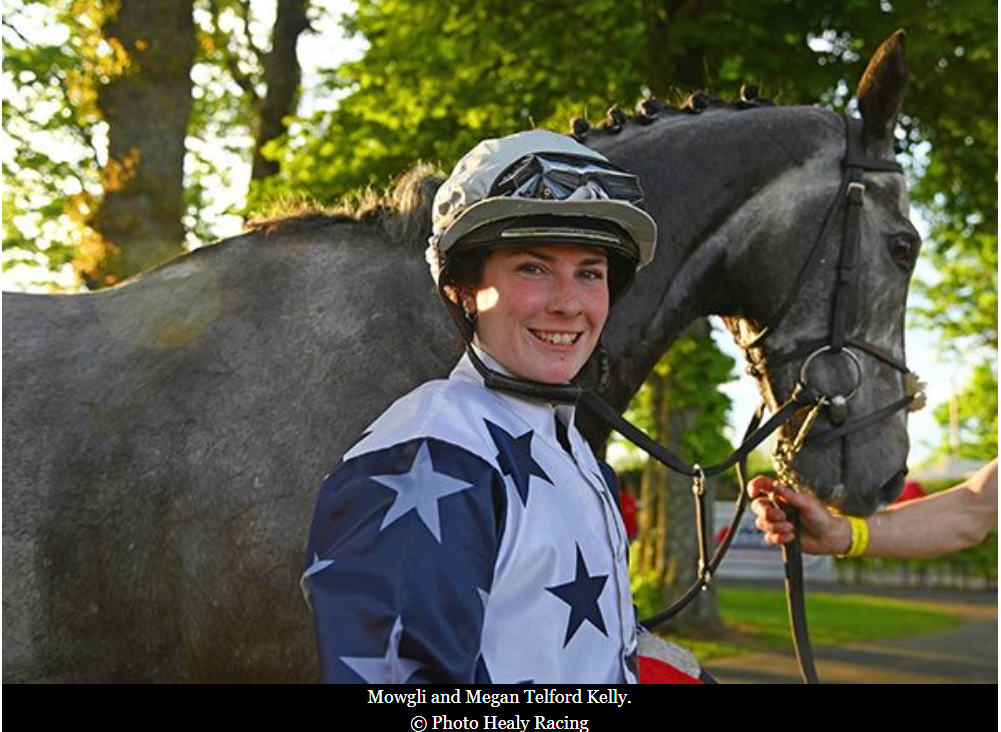
Orla Tynan is still in school and already a winner. Fourth ride. First win. Fairyhouse. A family-trained horse and a textbook example of what happens when natural talent meets early support. Orla’s no novelty. She’s direct, determined, and already showing race intelligence beyond her years. She’s also balancing racing with the Leaving Cert — and still riding with composure under pressure. She isn’t someone to watch in the future. She’s someone to back right now.
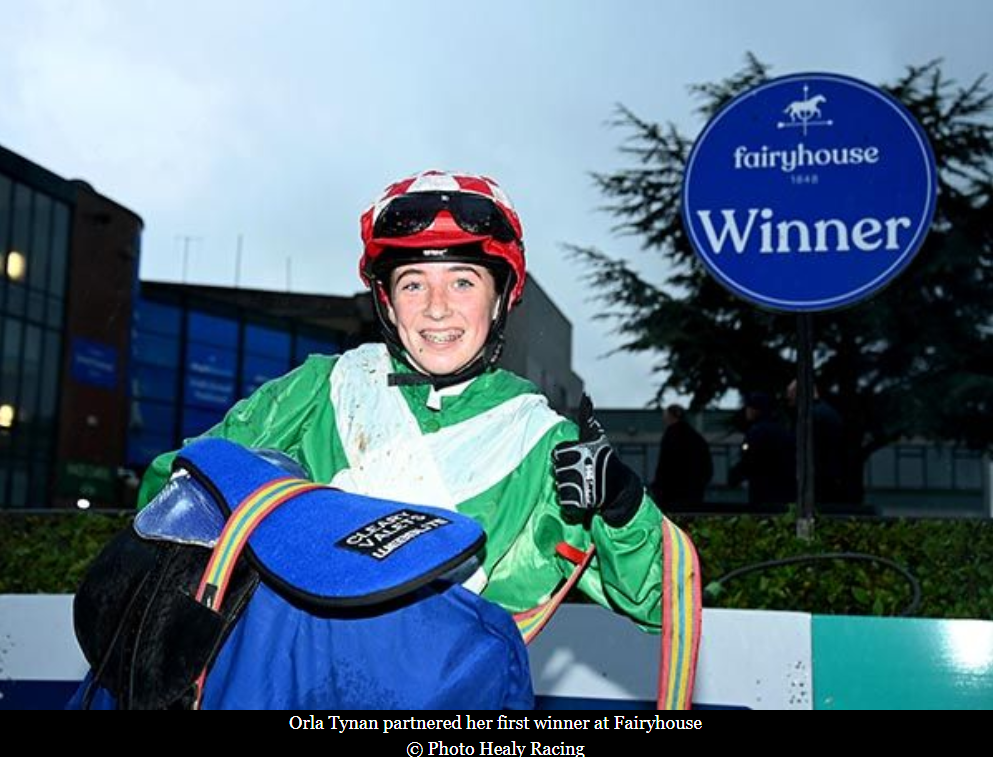
Siobhán Rutledge is a professional through and through. With 21 wins in 2021, she had already proven herself. But instead of coasting, she went to Australia in 2024 — not for escape, but for elevation. Riding abroad, adapting to new systems, and pushing herself outside her comfort zone, she’s showing the kind of hunger that defines long-term careers. She’s not rebuilding — she’s expanding. When she returns, she’ll be sharper, stronger, and even more strategic.
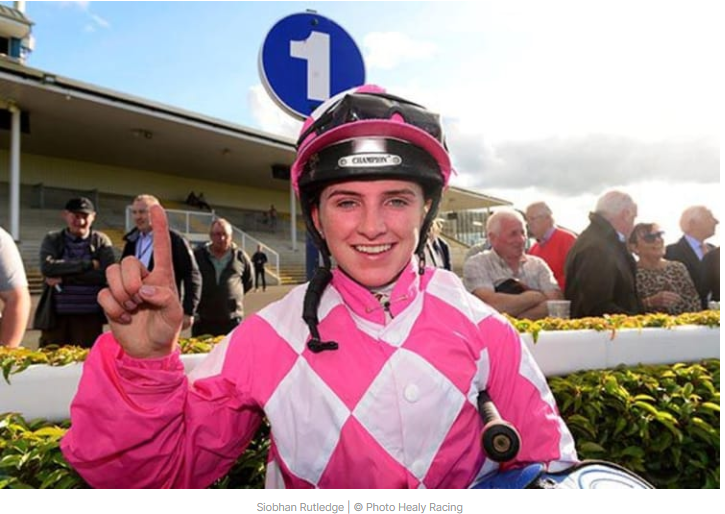
These four are not the only names. They’re just a start. This list isn’t exhaustive — it’s a glimpse. There is a far wider field of female riders in Ireland who are racing, winning, and rising. Young women grafting on yards, climbing league tables, and showing up every week with focus and fire.
From point-to-points to flat cards, schooling gallops to showjumping foundations, the depth of talent in this country runs far deeper than most realise. If anything, the real problem is not the lack of stories. It’s the lack of eyes on them.
This generation is wide, diverse, and relentless. And the industry should be building profiles, not waiting for perfect moments to act. We don’t need to hunt for a heroine — we need to do our job and cover the sport honestly, fully, and fairly. That means spotlighting women not because of their rarity, but because of their records.
If you think only four deserve the column inches, then you haven’t been looking hard enough. Or listening.
There is no shortage of talent. There is no question about ability. The question is whether the industry has the nerve and the respect to engage properly with the women already putting in the work.
What’s needed now is coverage that centres them for their skill, not their novelty. Facilities that support all bodies, not just the male default. Feedback loops where riders can speak and be heard. Long-term backing from sponsors who see athletes, not tokenism.
This is not about promoting women in racing as a feel-good initiative. It’s about treating them as professionals — because that’s what they already are. And if riders like Quail, Telford-Kelly, Tynan and Rutledge were men, with these stats and stories, they’d already be plastered across every racing page in the country.
This isn’t about chasing inspiration. It’s about showing respect. It’s about raising the standard of coverage to match the standard of talent that’s already out there.
So no more waiting. No more next.


